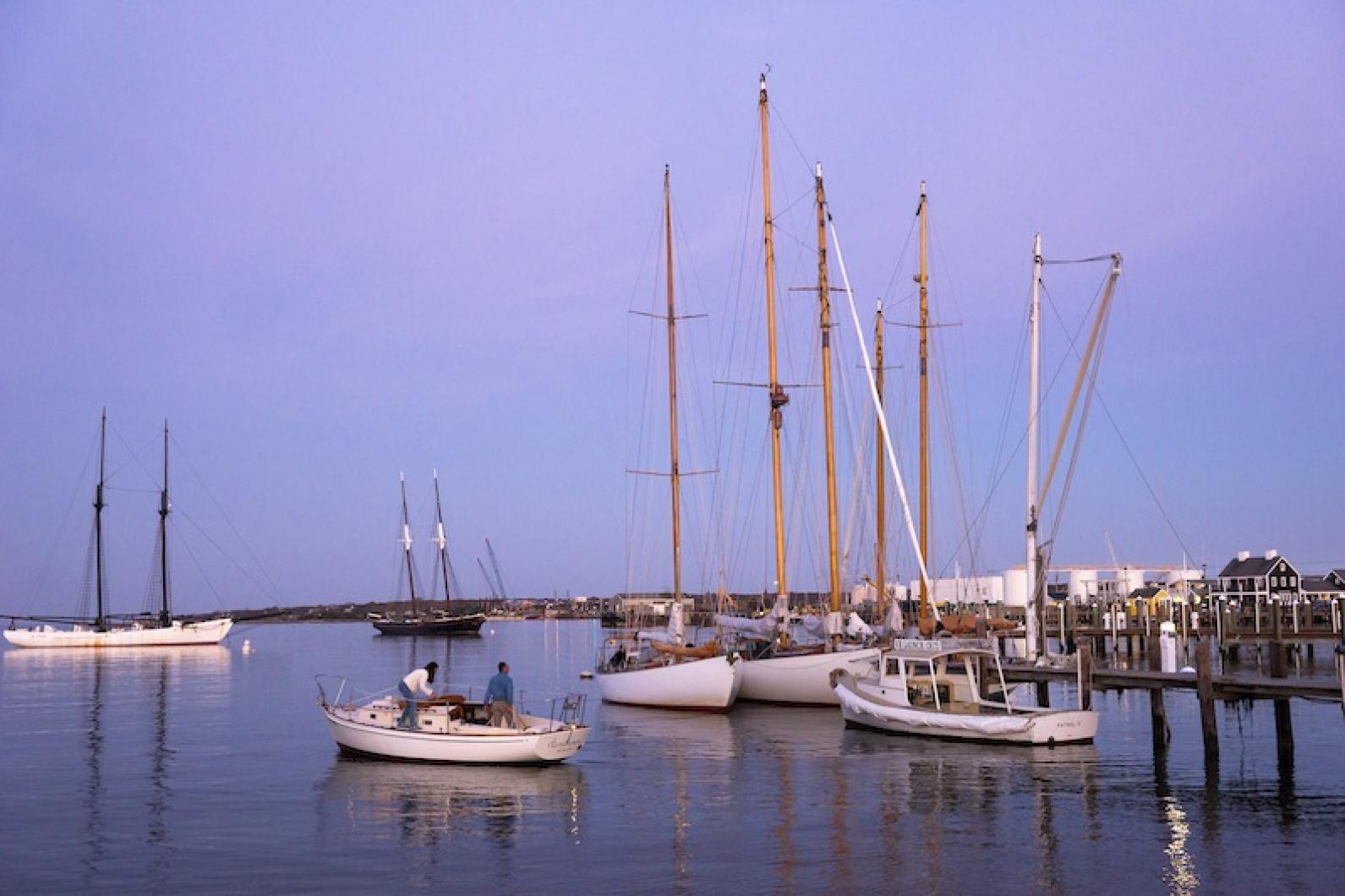Tisbury planners are heading into the holidays with a better sense of the town’s future priorities, thanks to an ongoing vision planning process that began in October.
The second workshop phase of the process concluded November 7. Organizers are still combing through information from the first phase, which featured three days of workshops focused on identifying Tisbury’s treasures (places the town should work to preserve), challenges, and opportunities.
Several initial themes from the first process have already emerged and were presented to attendees two weeks ago. People were then asked to break into groups and give more focused attention to four main topics: parks, beaches, and open space; the waterfront and working harbor; Tisbury’s downtown; and pedestrian and bicycle traffic. They were also asked to edit a draft town vision statement that was created based on the first workshop’s findings.
The four topics were chosen because three had appeared consistently as encompassing treasures, challenges, and opportunities. While open space wasn’t listed as a challenge, the idea of promoting open space in town appeared on so many people’s personal vision statements for the town that it was broken out for further discussion.
“When people described their vision for the years down the road, [it was] a walkable community tied together by beautiful streets, pocket parks, connected neighborhoods,” planning board member Cheryl Doble said. “It was so strong as a vision that we wanted to understand that.”
“The bulk of the treasures were all public resources,” she said. The harbor and Main street appeared frequently, as did Lake Tashmoo and Owen Park.
The most common challenges listed were town infrastructure and government. Addressing these challenges was out of the scope of the vision workshop process, Mrs. Doble said, and the feedback from the first session was turned over to selectmen and the town administrator.
“What we realized was that there are some issues and challenges that are really important, but we are not prepared to tackle them,” she said. “So we chose opportunities that we could start to have constructive discussion on.”
The discussion aspect was a highlight of both workshop phases.
“People were actually listening. When they heard other ideas, they were open to them,” Mrs. Doble said. “It’s never been complain-y or whiney. It’s been really constructive.”
By January, the planning board and visioning advisory committee will present their findings from both workshops.
“‘Here’s what we learned, here’s what we need to learn more about,’” Mrs. Doble said. “At that point we really want to have some tangible, doable tasks and projects to take on.”




Comments
Comment policy »